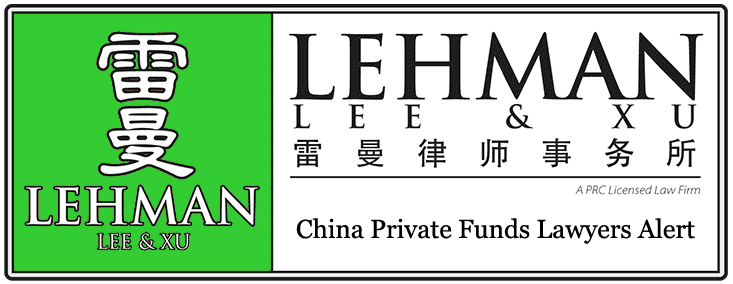Cross-border fund management joint ventures tend to be a bugbear for the foreign firm in the partnership, because the domestic partner invariably holds the controlling stake. Sino-foreign JVs have proved no different.
Yet international asset managers would be well advised to avoid taking an active role in a JV with a Chinese firm, suggests new research from Cerulli Associates.
In the first eight months of 2012, Sino-foreign JVs with silent foreign partners raised an average of Rmb2.9 billion ($458.9 million) per initial public offering. That's higher than Chinese fund houses’ average fundraising (Rmb2.7 billion per IPO) and well ahead of JVs where the foreign partners participate in investment and operational decisions (Rmb0.8 billion).
But these figures mask another reality, says Cerulli. Only the largest fund firms – usually the first one or two to launch a new type of product – have raised significantly more assets than others. In the first eight months of 2012, the top 15 fundraisers garnered 81% of total assets raised during their IPOs. Of these, 10 are among the 20 largest mutual fund managers in China.
China Universal Asset Management (China’s seventh biggest fund house by AUM) held 17.5% of total IPO assets. Much of this came from the firm’s 30-day bond fund, the first short-term bond fund in China’s retail market, which raised Rmb24.4 billion within seven days.
Yet the product then suffered hefty outflows, with its AUM falling to Rmb15.2 billion within about a month. Cerulli’s analysis shows that this is a common occurrence.
“Raising a startlingly large amount of assets at IPO – as large as $1.5 billion per product sometimes – is only the opening act in a long story,” says Bee Ong, a director at Cerulli in Singapore. “Keeping it for more than a month or three is the salient challenge in China.”
Over the next five years, retail investor behaviour and flows are unlikely to stabilise to the point where new entrants to the marketplace can easily survive.
Cerulli argues that not all 90 firms will prosper – assuming new entrants emerge at about three a year until 2017 – in a market where costs are rising, distribution channels are narrowing (especially for newer and smaller fund managers), and retail assets are not growing substantially.
"It is going to take deeper and deeper pockets to make it through the next few years,” says Ong. “That is particularly the case for entrants with weaker parentage than the Big Four banks and the largest insurance firms, because the big bank distributors are increasingly unwilling to represent unfamiliar names.”
Custodian banks account for 62.1% of China’s mutual fund AUM as at June 2012, according to Cerulli’s survey. In contrast, non-custodian banks only have 16.6% of AUM, and securities firms just 8.3%.
It looks likely there will be new opportunities for global asset managers to partner the next five Chinese commercial banks given the nod to establish funds businesses: Bank of Beijing, Bank of Nanjing, Bank of Ningbo, Bank of Shanghai and Industrial Bank. These firms add to the pioneering eight – China’s largest banks – which all have Sino-foreign JV fund-management arms.
http://www.asianinvestor.net/News/333905,calling-fund-houses-with-china-jvs-stay-silent.aspx |

